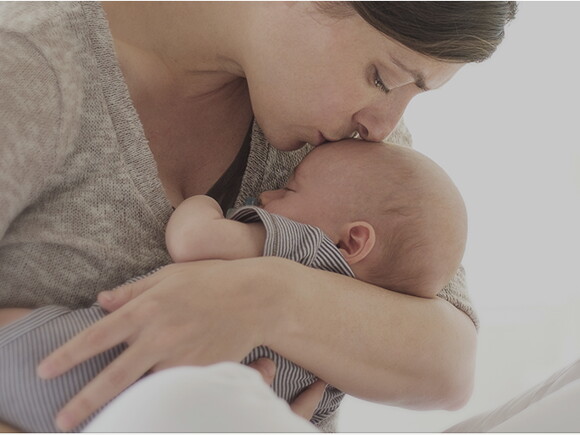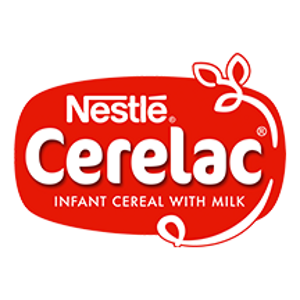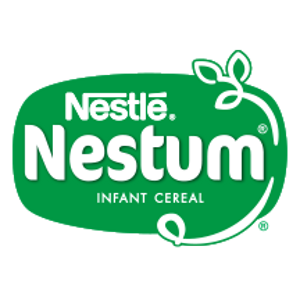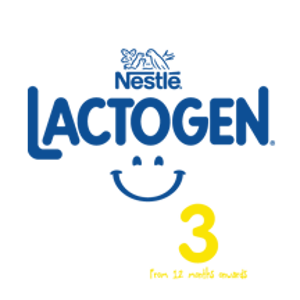
The First Trimester of Pregnancy: Everything You Need to Know
Get to know more about the first trimester of a healthy pregnancy and the alarm signs. Click here to learn more about it.
The first trimester of pregnancy is an awe-inspiring and transformative phase marked by profound changes in both the mother's body and the development of the tiny life growing within. Spanning from weeks 1 to 12, this phase lays the foundation for a healthy and thriving pregnancy.
For expectant mothers, the first trimester may bring a rollercoaster of emotions and physical changes. Hormonal fluctuations, morning sickness, and heightened sensitivity to smells are common companions during this time. As the body adapts to its new role, fatigue and mood swings can be part of the journey.
In Baby & Me we'll delve into the intricacies of each week. Join us on this extraordinary expedition, as we navigate the first trimester together, embracing the wonder of new life and offering support and insights for a healthy and joyous pregnancy.
First Symptoms of Pregnancy
Embarking on the exciting adventure of pregnancy often comes with the subtle whispers of change during the first trimester. While the experience can vary from woman to woman, certain early symptoms commonly signal the onset of this remarkable journey.
- For many expectant mothers, morning sickness is a typical early sign. Despite its name, this queasy feeling can strike at any time of the day. Though challenging, it's a positive indicator of the hormonal shifts occurring to nurture the growing life within.
- The first trimester brings a surge in progesterone levels, leading to increased drowsiness and fatigue. Your body is working overtime to create a nurturing environment for the developing embryo, and the demand for rest is a natural response.
- Hormonal changes trigger heightened sensitivity in the breasts, making them tender and sometimes sore. This early symptom is a testament to the body preparing for the incredible role of nourishing a newborn.
- The growing uterus exerts pressure on the bladder, causing more frequent trips to the bathroom. While it might seem like a minor inconvenience, it signifies the intricate adjustments happening within your body to accommodate the expanding life.
- Mood hormonal fluctuations can influence mood, leading to emotional highs and lows. Understanding these changes and practicing self-compassion can help navigate the emotional landscape of the first trimester.
Baby Development During the First Trimester
As your pregnancy unfolds, the section on baby development will take you on a captivating exploration of the intricate and awe-inspiring process that transforms a tiny cluster of cells into a fully formed, living being.

Week 4 to 6
During weeks 4 to 6 of pregnancy, the journey of your baby's development is nothing short of extraordinary.
At week 4, the fertilized egg, now known as a blastocyst, has found its way to the uterus and begins the process of implantation. This crucial event marks the beginning of a cascade of transformations.
By week 5, the primitive structures of the baby's heart, brain, and spinal cord begin to take shape. A delicate layer called the neural tube forms, which will eventually develop into the brain and spinal cord, laying the foundation for your baby's central nervous system.
As we step into week 6, your baby undergoes remarkable growth. Limb buds appear, hinting at the formation of tiny arms and legs. Facial features, including the eyes and nose, begin to form, and the neural connections within the brain are rapidly developing.
Week 7 to 9
Weeks 7 to 9 mark a pivotal phase in your baby's development, where the groundwork laid in the earlier weeks begins to yield visible and significant changes.
At week 7, your baby, now officially referred to as a fetus, undergoes a growth spurt. Limb buds elongate and divide into distinguishable arms and legs, each tipped with tiny, forming fingers and toes. Facial features become more defined, with the eyes, nose, and mouth taking shape, giving a glimpse of the unique individual your baby is becoming.
By week 8, your baby's heartbeat is not only detectable but increasingly strong and regular. The major organs continue to develop, and the essential structures of the brain are in place. Small, webbed fingers and toes appear, and your baby starts to exhibit spontaneous movements, even though they are too subtle to be felt at this stage.
As we reach week 9, the embryonic period concludes, and your baby transitions into the fetal stage. Facial features become more refined, and the external genitalia begin to differentiate, although it may still be too early for gender identification through ultrasound.
Week 10 to 12
Weeks 10 to 12 signify a phase of refinement and rapid development in your baby's journey.
At week 10, your little one is now in the fetal stage, marking the beginning of a period characterized by growth and maturation. Your baby is now about the size of a strawberry, and while still tiny, the intricate details of their development are becoming increasingly apparent.
By week 10, the critical organs have formed, and their functioning is underway. The webbing between fingers and toes disappears, leaving well-defined digits. The bones are hardening, and the cartilage is transforming into bone tissue.
As week 11 unfolds, your baby's facial features become more refined, with tiny nostrils, and the eyelids begin to close over the eyes, protecting the developing retinas.
By the end of the first trimester at week 12, the risk of developmental abnormalities decreases significantly. They can make sucking motions with their mouth, and their reflexes are starting to develop.
Signs Requiring Attention
While the first trimester is generally a time of excitement and anticipation, it's crucial to be attuned to signs that may require special attention. While some symptoms are common and often a normal part of pregnancy, certain signs warrant immediate consultation with a healthcare professional. Here are key indicators that should not be overlooked during the first trimester.
- Heavy vaginal bleeding: While spotting can be normal, heavy bleeding, especially accompanied by severe cramps, may indicate a problem. This requires prompt medical attention.
- Severe abdominal pain: Mild cramping is common as the uterus expands, but severe and persistent abdominal pain may signal issues such as an ectopic pregnancy or other complications.
- Severe nausea and vomiting: While morning sickness is common, excessive, and persistent nausea and vomiting can lead to dehydration and may require medical intervention.
- Sudden cessation of symptoms: If breast tenderness, nausea, or other symptoms suddenly disappear, it could indicate a loss of pregnancy. Immediate consultation is advised.
- Fever and infection: A fever during pregnancy can be concerning. Infections, especially if accompanied by symptoms such as pain during urination, require prompt attention.
- Severe headaches or visual disturbances: These could be signs of conditions like preeclampsia, which may require immediate medical evaluation.
- Signs of miscarriage: This includes severe back or abdominal pain, passing tissue or clots, and intense cramping. If you experience these, seek medical attention.

It's essential to communicate openly with your healthcare provider about any concerns or changes in your health. Regular prenatal check-ups are designed to monitor your well-being and address any potential issues early on.
Remember, every pregnancy is unique, and if in doubt, seeking professional advice is always the best course of action.

Gain a better understanding of your child's development with the help of our stages













